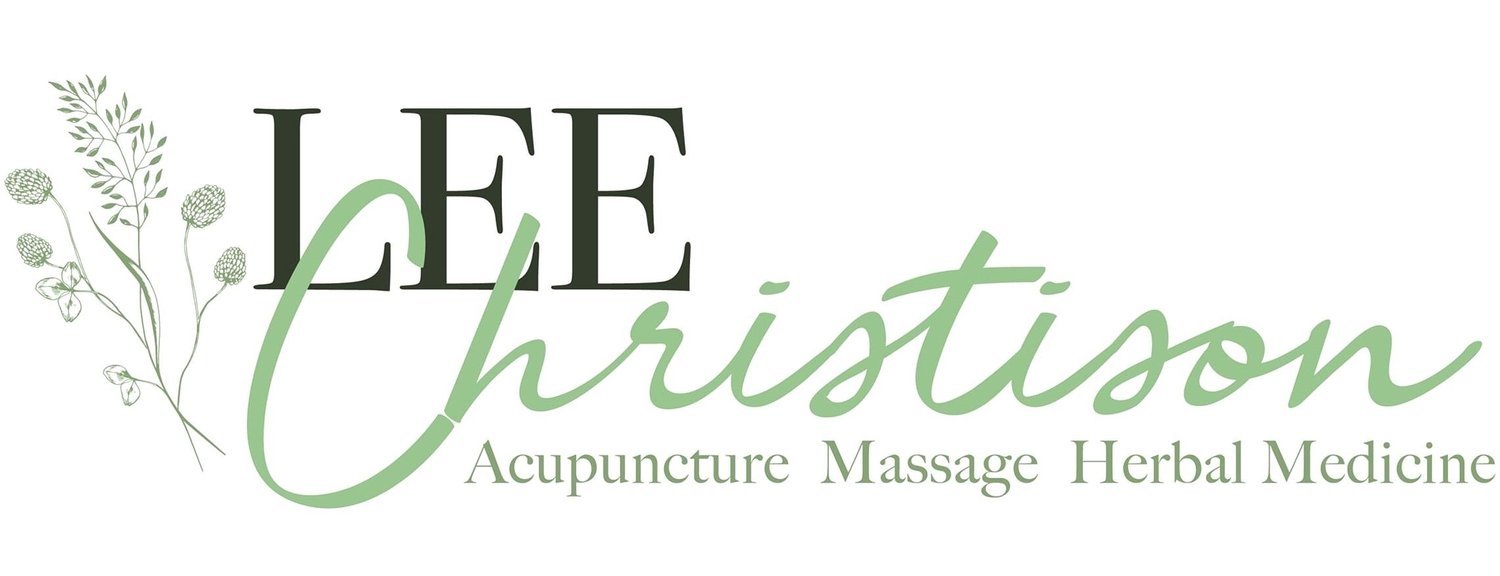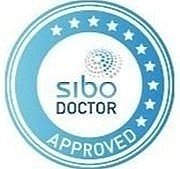In recent years, there has been a growing interest in alternative healthcare approaches that aim to treat the mind, body and spirit as interconnected entities. Integrative medicine, also known as complementary and alternative medicine (CAM), offers a holistic approach to healing by combining conventional medical treatments with evidence-based alternative therapies. This blog aims to shed light on the principles, benefits, and various therapies associated with integrative medicine.
Integrative medicine is a patient-centered approach that focuses on treating the whole person and not just the disease or symptoms. By combining the best of both conventional and alternative medicine, integrative medicine offers a more comprehensive and individualised approach to healing.
Key Principles of Integrative Medicine:
1. Personalised Care: Integrative medicine practitioners take into account each individual's unique health history, genetics and lifestyle to create a tailored treatment plan.
2. Focus on Prevention: Rather than solely focusing on symptom management, integrative medicine emphasises preventive measures to reduce the risk of illness and optimize overall health.
3. Collaboration and Communication: Integrative medicine encourages open communication and collaboration between patients, healthcare providers and practitioners from different modalities to ensure the best possible outcomes.
4. Evidence-Based Approaches: While embracing alternative therapies, integrative medicine emphasises the use of evidence-based practices and encourages ongoing research to support the efficacy and safety of these treatments.
Common Integrative Medicine Therapies:
1. Acupuncture: Originating from traditional Chinese medicine, acupuncture involves the insertion of thin needles into specific points on the body to stimulate energy flow, promote healing and alleviate pain.
2. Herbal Medicine: Herbal remedies, derived from plants and natural substances, are used to address a range of health conditions, such as digestive disorders, anxiety and sleep disturbances.
3. Mind-Body Techniques: Practices like guided meditation, yoga, tai chi, and deep breathing exercises help reduce stress, improve mental well-being, and promote relaxation.
4. Nutrition Therapy: This therapy aims to optimise nutrition through personalised meal plans, dietary modifications and supplement recommendations.
5. Manual Therapies: For example, massage and osteopathic treatment aim to correct physical imbalances, reduce pain and improve movement.
One of the major strengths of integrative medicine lies in its ability to offer a wide range of treatment options. This allows healthcare practitioners to tailor treatment plans to meet the unique needs of each individual. For instance, a patient with chronic pain may benefit from a combination of physical therapy, acupuncture, and mindfulness practices, rather than relying solely on pain medications. By integrating different modalities, integrative medicine aims to provide the most effective and least invasive treatments possible.
Integrative medicine is not about replacing conventional medical treatments but rather enhancing them. It encourages an open-minded approach, using evidence-based therapies alongside complementary modalities to provide the best possible care.
Lee practices integrative medicine principles by incorporating her background in nutrition and dietetics with remedial massage, Chinese medicine & acupuncture. Lee practices from her clinic in Castlemaine, Victoria, and also offers tele-health consultations. If you’d like to learn more about how integrative medicine could help you or to make an appointment contact Lee here.








